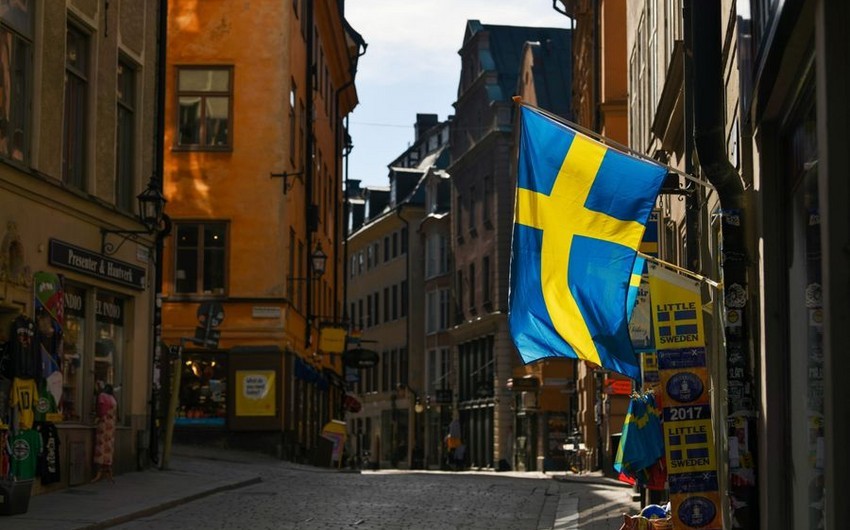Sweden is lifting almost all of its anti-Covid restrictions from Wednesday, as the pandemic enters what's described as a "new phase" with the dominance of the contagious but apparently less severe Omicron variant, informs via .
Among the changes, bars and restaurants are no longer required to close at 11 pm and the rules on gatherings will be eased.
Also, requirements for vaccination passes to enter public venues are being removed, as is the recommendation to wear a mask on public transport during busy periods.
"The pandemic is not over, but we are entering a whole new phase… knowledge has improved… several studies show that Omicron leads to less severe disease," Prime Minister Magdalena Andersson said last week, as she announced the move.
Even though the Omicron variant has caused a spike in infections, it has not translated into an increase in hospitalisations for severe forms of the disease in a country where the population is widely vaccinated. More than 83% of the population over 12 years old have received two doses of vaccine to date, and just under 50% have had three doses.
A return to the workplace will be gradual, as will face-to-face teaching in higher education courses. The recommendation to stay at home for people displaying COVID symptoms remains in place.
The government announced this week that restrictions on travel from the rest of the EU, the European Economic Area and Nordic countries would be lifted from Wednesday. Travel restrictions from the rest of the world are due to expire at the end of March.
Some recommendations remain in place for the unvaccinated – such as avoiding indoor crowds.
Last week, Denmark became the first EU country to lift almost all coronavirus restrictions.
It was quickly followed by Norway, where Prime Minister Jonas Gahr Store said society had to "live with" the virus.


 https://static.report.az/photo/509d375d-eff4-3014-8c6f-5d0afa4c987a.jpg
https://static.report.az/photo/509d375d-eff4-3014-8c6f-5d0afa4c987a.jpg

